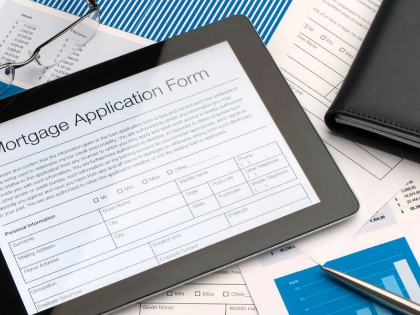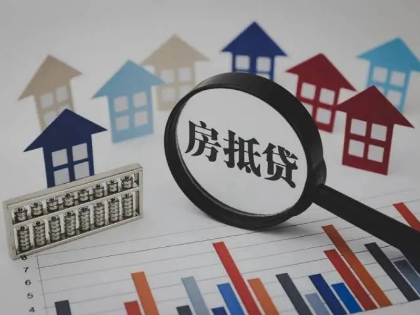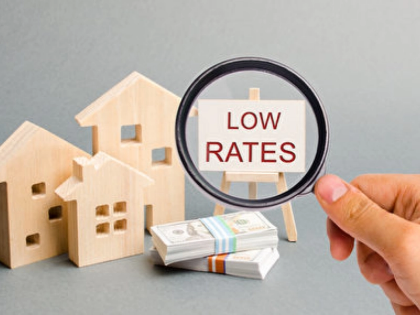You must elect to itemise your deductions in lieu of taking the standard deduction in order to claim the mortgage interest deduction. Among the limitations is the need for your home to serve as your principal place of abode.
Property-Based Taxes

Property taxes are a typical expense, regardless of whether you have an ongoing mortgage or own your home completely. These local levies are intended to assist your municipality in financing infrastructure and public services. They are calculated using a formula that usually takes the value of your home and the tax rate into account.
The deduction of property taxes and mortgage interest by homeowners under the federal income tax system promotes homeownership. A new cap on state and local tax deductions (SALT) might, however, have an effect on these advantages for a lot of homeowners.
The majority of lenders incorporate property taxes, along with other costs like homeowners insurance and principle, into your monthly mortgage payment through an escrow account. This guarantees your lender will have enough money on hand to cover these bills when they come due.
Your mortgage servicer may ask you to make extra payments if your escrow account isn't big enough to meet these. This may be paid out in several installments spaced a few months apart, or it may arrive as a single lump sum at the end of the year.
Interest on Mortgages

Interest paid on a loan used to purchase a home is known as mortgage interest. It can be fixed or variable, and its calculation is expressed as a percentage of the entire loan amount.
If you want to minimise your taxes instead of using the standard deduction, you can write off your mortgage interest. Typically, you are only able to deduct mortgage interest from the value of the home that secured the loan, which could be your principal residence, a co-op flat, or another type of property used for residential purposes (such as a rental home).
If a second property meets the criteria to be considered your primary residence and is mostly used for personal purposes like retirement or holidays, you may also be able to deduct mortgage interest from loans for that property. However, you are not allowed to write off interest paid on a line of credit or home equity loan that is not secured by your house or on money received from refinancing a nonredeemable ground rent, alimony or child support.
Points for mortgages

Although most buyers of homes are aware of mortgage interest rates, there is much more to know about the tiny print of their loans. Mortgage points are one of these specifics that can have an impact on how much borrowers pay their lenders over the course of the loan.
Origination points and discount points are the two types of mortgage points. With the help of both of them, borrowers can reduce their mortgage interest rate by a few percentage points, which can add up to significant savings over the course of the loan.
If you meet the IRS's requirements, the cost of mortgage points is typically regarded as an itemizable tax deduction. You won't get the entire financial benefit, though, if you sell or refinance your house before the savings from a reduced interest rate equal the initial cost of mortgage points.
The choice to purchase mortgage points when purchasing a new house is determined by the length of time you want to own the property and the anticipated high interest rate. To determine whether paying mortgage points is worth the initial expense, you can work with a lender to determine your breakeven threshold.
Insurance for Private Mortgages

PMI, or private mortgage insurance, is a required component of a traditional mortgage. When you put down less than 20% of the total cost of a property, it is usually necessary.
Lenders are more confident in their ability to approve conventional loans with smaller down payments thanks to PMI. For many prospective homeowners who might otherwise have to decide between renting and buying, it helps remove a significant obstacle.
When you reach the halfway point of your mortgage term or when your loan total falls to 78 percent of the initial value of your house, lenders are required to terminate PMI. Refinancing and making as many principle payments as you can will expedite the process.
Lender-paid mortgage insurance (LPMI) is a product that certain lenders offer in place of PMI for mortgages. Typically, this choice has a higher interest rate. To determine whether this makes sense for you, discuss it with your lender and weigh the fees involved. If so, you'll need to have a new appraisal and have your house reassessed.
Recommended Reading: How to Become a Homeowner Without Going Over Budget
























Great pacing. Any recommended tools?
Sparks a “what if?”